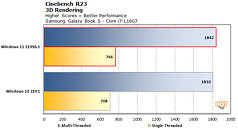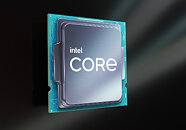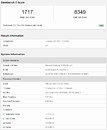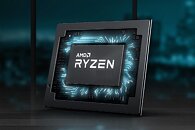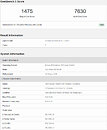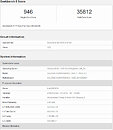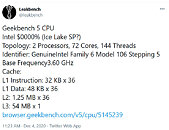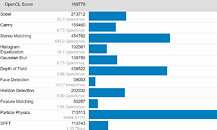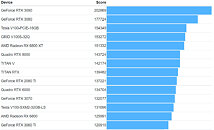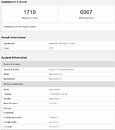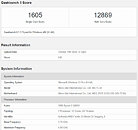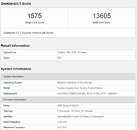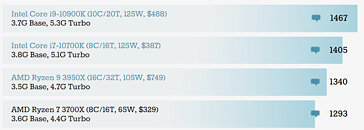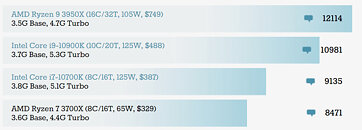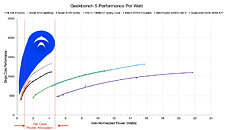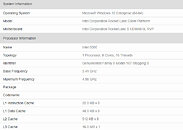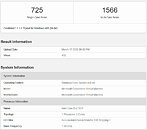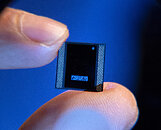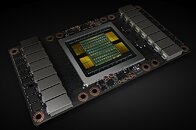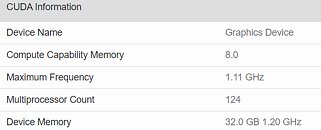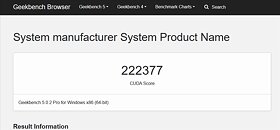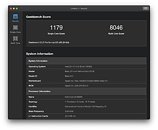
AMD Ryzen 9 9950X Pre-Launch Sample Overclocked at 6 GHz
Despite the postponement of the Ryzen 9000 launch announced by AMD on Wednesday, early engineering samples used by motherboard makers reached some users (mainly overclockers). As it is the case with a pre-launch sample of AMD's flagship Ryzen 9 9950X. This CPU is equipped with 16 cores, 32 threads, a base clock frequency of 4.3 GHz with a 5.7 GHz max boost, 80 MB cache (64 MB L3 + 16 MB L2), and a TDP of 170 W.
A user overclocked the 9950X sample to 5.953 GHz using an ASUS ROG Crosshair X670E motherboard equipped with 32 GB DDR5-6000 memory. (Note: There's no information on whether air or water cooling was used.) The user then posted new results in Geekbench 5 and Geekbench 6, which demonstrate impressive performance gains for the 9950X. It's worth noting that AMD also overclocked the processor to 6.6 and even 6.7 GHz, however, they used liquid nitrogen.
A user overclocked the 9950X sample to 5.953 GHz using an ASUS ROG Crosshair X670E motherboard equipped with 32 GB DDR5-6000 memory. (Note: There's no information on whether air or water cooling was used.) The user then posted new results in Geekbench 5 and Geekbench 6, which demonstrate impressive performance gains for the 9950X. It's worth noting that AMD also overclocked the processor to 6.6 and even 6.7 GHz, however, they used liquid nitrogen.
















